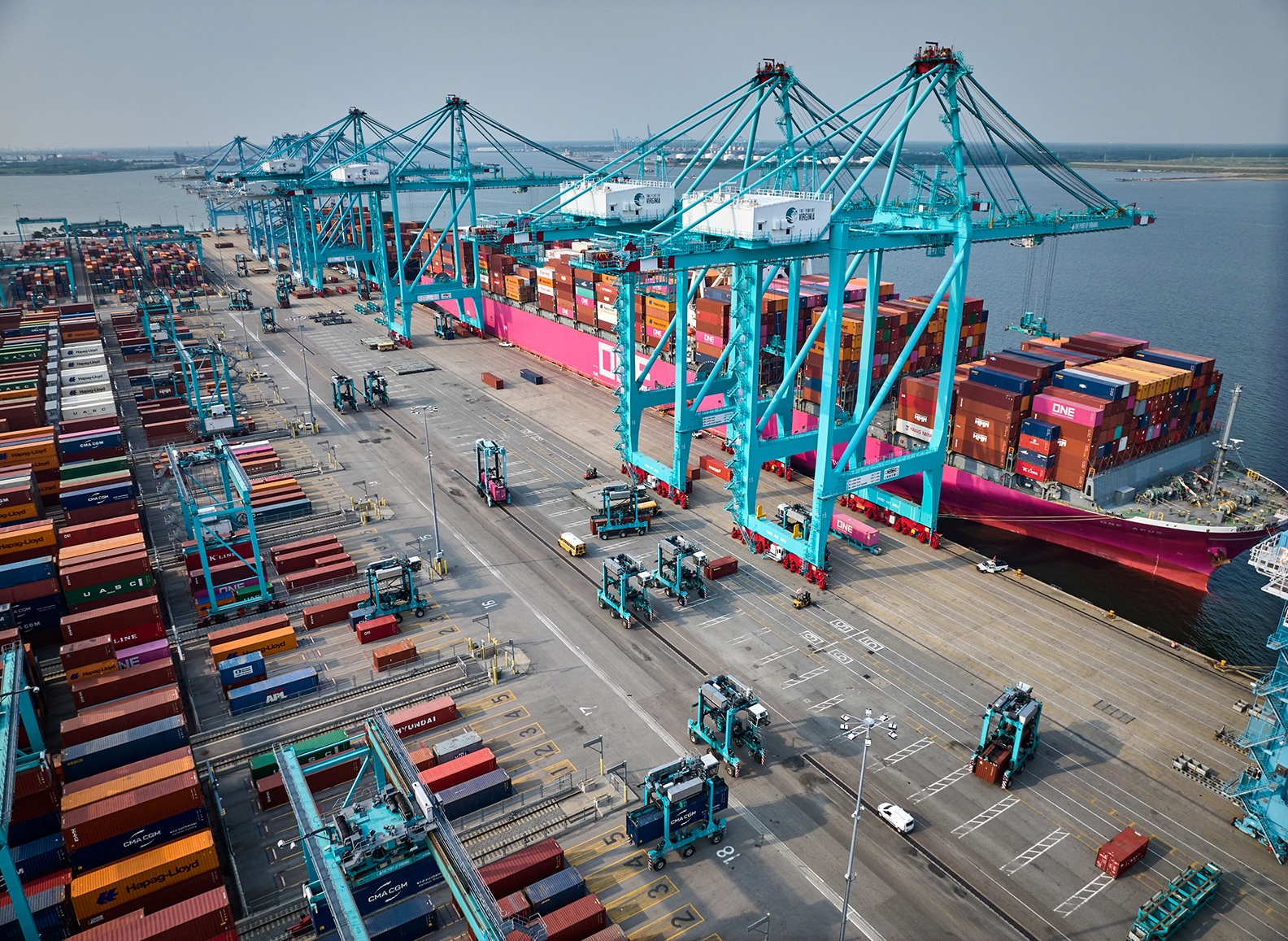
WASHINGTON — The Justice Department yesterday urged the Surface Transportation Board to closely scrutinize Norfolk Southern’s bid for full control of the Norfolk & Portsmouth Belt Line, warning that the move could choke off competition at one of the Port of Virginia’s intermodal terminals.
The Justice Department’s Antitrust Division said the 129-year-old Belt Line — formed by eight competing railroads to provide neutral switching service — was designed to guarantee equal access for all carriers.
CSX and NS have been locked in a legal dispute over the NPBL for six years. NS has controlled the 36-mile NPBL since 1982 by virtue of its 57% ownership stake; CSX owns the other 43% of the railroad that was created as a neutral switching carrier in 1896. “Thus, despite the fact that NPBL was expressly designed for the mutual benefit of all of its owners, industry consolidation has led to a single firm holding a majority share of NPBL,” Justice said.
CSX contends that it should have direct access to the Virginia Port Authority’s Norfolk International Terminal via NPBL, which reaches the dockside terminal over NS trackage. CSX also alleges, among other things, that NS and NPBL set a switching rate that effectively prevents CSX from competing at NIT.
Regulators in 2022 found that NS had never obtained the necessary STB approval to control the NPBL. NS this year asked the STB to approve control after the fact.
NS handles roughly 90% of the intermodal business at the terminal and more than 70% across the port complex, the third-busiest container port on the East Coast, according to the Justice Department filing.
DOJ economists and attorneys warned that giving NS sole control could give it “the ability and incentive” to foreclose or limit CSX’s access — whether by raising switch rates, imposing unfavorable terms, or subtly degrading service. Such tactics, they said, could drive up transportation costs for shippers and undermine the port’s competitive standing.
Importers and exporters of food products, chemicals, auto parts, petroleum products, and consumer goods depend on rail competition at the port, the Justice Department said. “Any harm to competition in the handling and transportation of the intermodal containers carrying these goods has the potential to raise prices for American consumers both directly and indirectly as well as to disadvantage farmers and other exporters,” the Justice filing says.
The department drew parallels to long-standing antitrust doctrine that frowns on a dominant player controlling bottleneck infrastructure used by its rivals. Even small changes in service quality, DOJ noted, can tilt competitive balance in a market where shippers prize reliability.
The filing also flagged two downstream effects:
Antitrust immunity: Federal law shields STB-approved transactions from antitrust scrutiny “as necessary” to carry out the deal. DOJ fears NS could claim immunity for Belt Line operations, limiting the government’s ability to intervene if competitive harm occurs. NS has already made broad immunity arguments in related litigation.
Impact on a pending rate dispute: NS and NPBL are currently locked in an STB case over trackage-rights fees for track serving the terminal. Those fees drive the switching rates Belt Line customers pay. DOJ cautioned that NS control could moot the case — potentially locking in higher costs for port access.
Separately, Virginia Gov. Glenn Youngkin urged the STB to carefully review port competitive issues, saying that Port of Virginia terminals were always intended to be served by two railroads.
“It is my view that the current lack of dual access by NS and CSXT to on-dock rail at NIT hurts the competitiveness of the Port of Virginia. Ensuring that CSXT can access on-dock rail at NIT would increase flexibility and efficiency for the Port, increase competitive options for intermodal freight customers, and benefit the public,” he wrote in a letter to regulators.






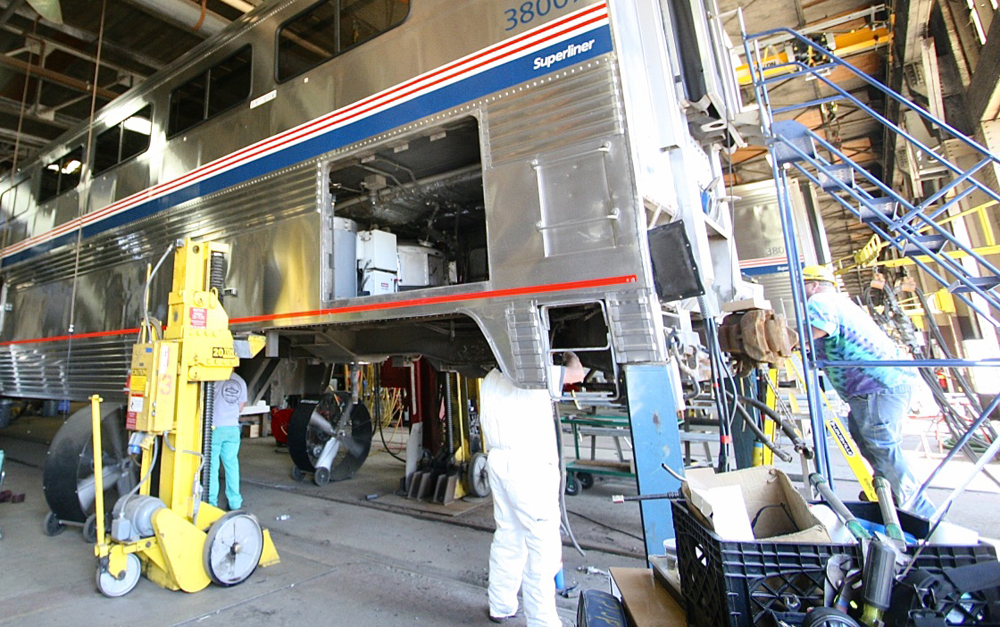
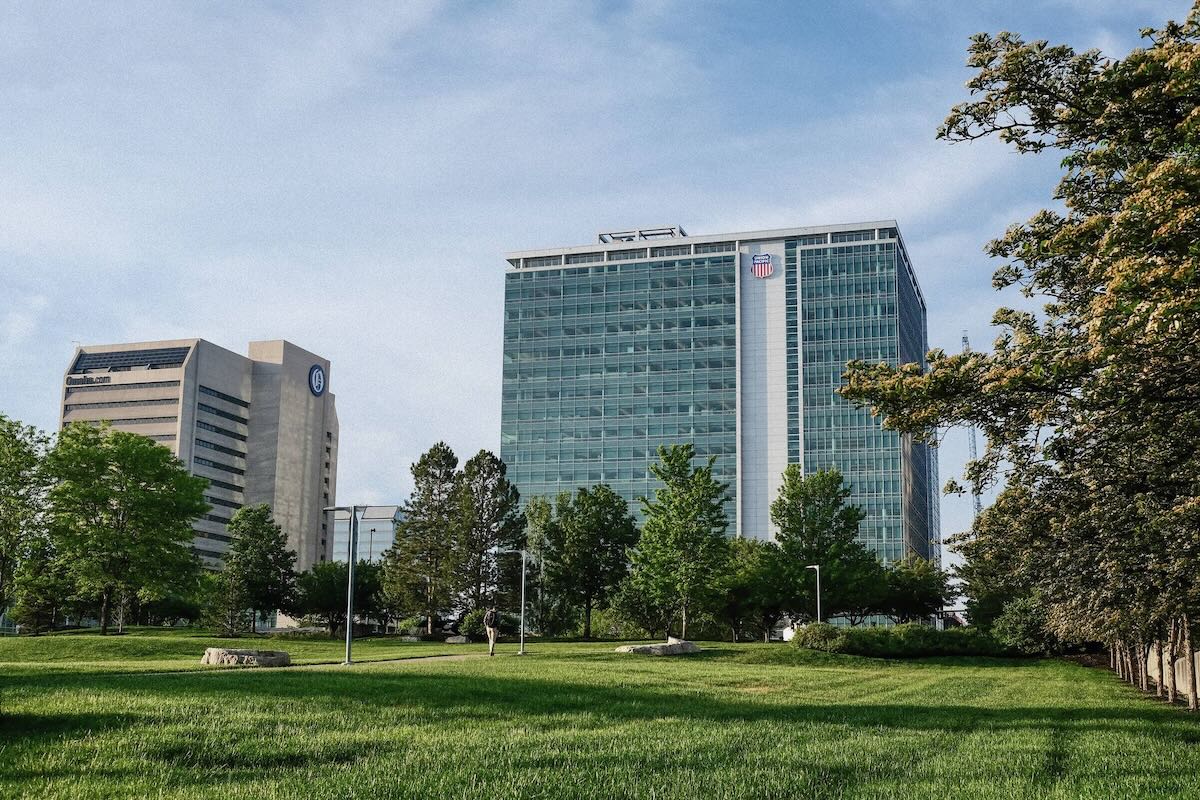
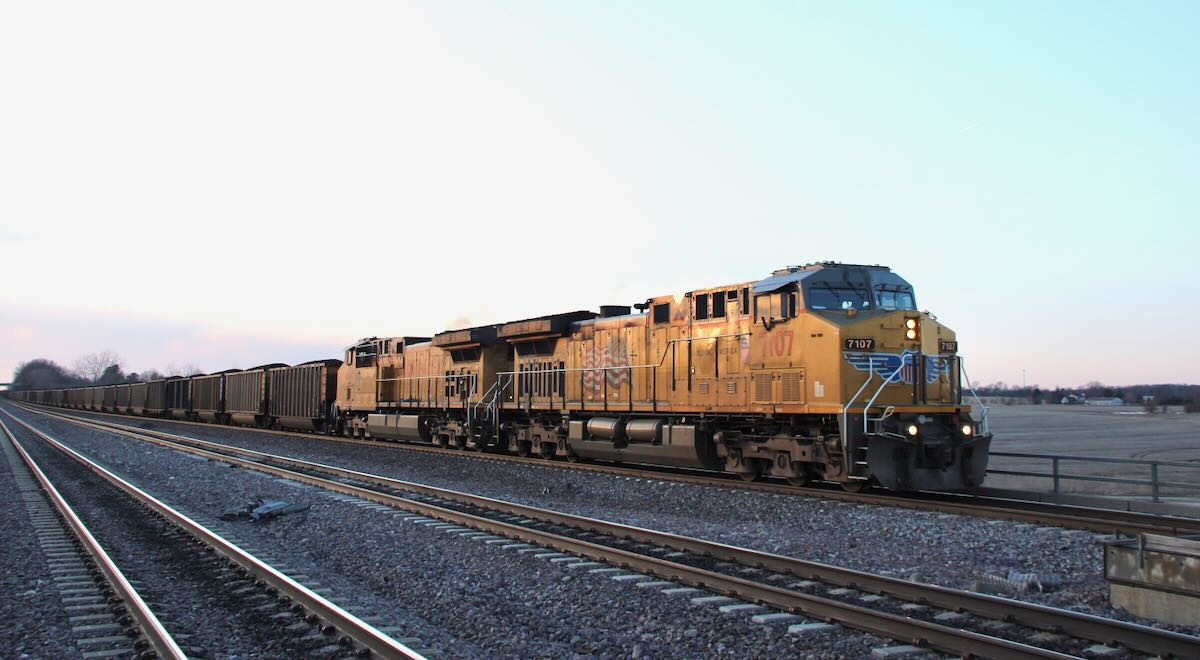
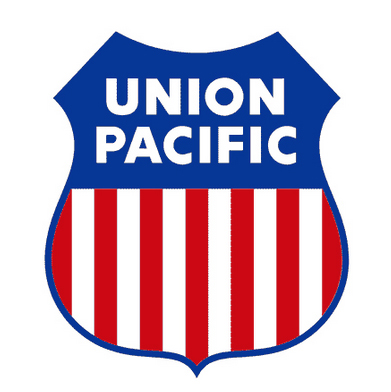




Ideally, the Norfolk & Portsmouth Belt Line should be sold to Conrail Shared Assets. I don’t know what the outcome will be, though.
Not a concern of the Federal government.
It should be the concern of: “The STB exercises its statutory authority and resolves disputes in support of an efficient, competitive, and economically viable surface transportation network that meets the needs of its users.”
CSX totally hosed themselves in the ‘80s during the Snow storm and utterly dropped the ball in the ‘90s with the ConRail split. NS wound up with a majority stake in NPBL which should have been negotiated to 50/50 with the split. Jax was asleep at the switch.
Again, this *probably* wouldn’t be an issue if NS’s service to the port hadn’t become so poor over the past 6 years. The decision also has more weight now since Norfolk – Kansas City is one of the lanes proposed in the CSX – BNSF agreement.
Don’t forget UP-NS access to all of the same joint pairs as BNSF/CSX under their agreement. as well as one or two others that will not be served by the alliance… AND for those who say that UP/NS will eliminate competition under both these scenarios don’t know what they are talking about.